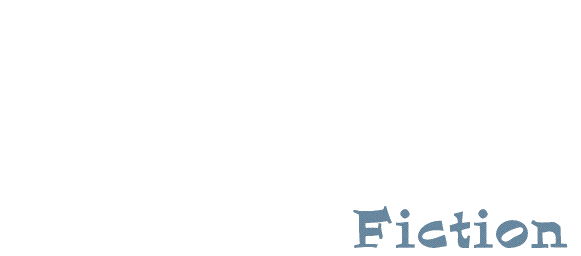


Eastern Standard Tribe
Forthcoming from Tor Books, January 2004
| My second novel, Eastern Standard Tribe, is forthcoming from Tor Books in January 2004. I've gotten fantastic cover-quotes and I'm over-the-moon with the quality of the cover-art. |
|
Quotes:
"Utterly contemporary and deeply peculiar -- a hard combination to beat (or, these days, to find)." William Gibson -- "Cory Doctorow knocks me out. In a _good_ way." Pat Cadigan -- "Cory Doctorow is just far enough ahead of the game to give you that authentic chill of the future, and close enough to home for us to know that he's talking about where we live as well as where we're going to live; a connected world full of disconnected people.Ê One of whom is about to lobotomise himself through the nostril with a pencil.Ê Funny as hell and sharp as steel." Warren Ellis |
The explanation, like all good propaganda, is stirring and stilted, and not particularly accurate, and gummy as the hook from a top-40 song, sticky in your mind in the sleep-deprived noontime when the world takes on an hallucinatory hypperreal clarity. Like now as I sit here in my underwear on the roof of a sanatorium in the back woods off Route 128, far enough from the perpetual construction of Boston that it's merely a cloud of dust like a herd of distant buffalo charging the plains. Like now as I sit here with a pencil up my nose, thinking about homebrew lobotomies and wouldn't it be nice if I gave myself one.
Deep breath.
The difference between Chinese medicine and Western medicine is the dissection versus the observation of the thing in motion. The difference between reading a story and studying a story is the difference between living the story and killing the story and looking at its guts.
School! We sat in English class and we dissected the stories that I'd escaped into, lay open their abdomens and tagged their organs, covered their genitals with polite sterile drapes, recorded dutiful notes *en masse* that told us what the story was about, but never what the story *was*. Stories are propaganda, virii that slide past your critical immune system and insert themselves directly into your emotions. Kill them and cut them open and they're as naked as a nightclub in daylight.
The theme. The first step in dissecting a story is euthanizing it: "What is the theme of this story?"
Let me kill my story before I start it, so that I can dissect it and understand it. The theme of this story is: "Would you rather be smart or happy?"
This is a work of propaganda. It's a story about choosing smarts over happiness. Except if I give the pencil a push: then it's a story about choosing happiness over smarts. It's a morality play, and the first character is about to take the stage. He's a foil for the theme, so he's drawn in simple lines.
